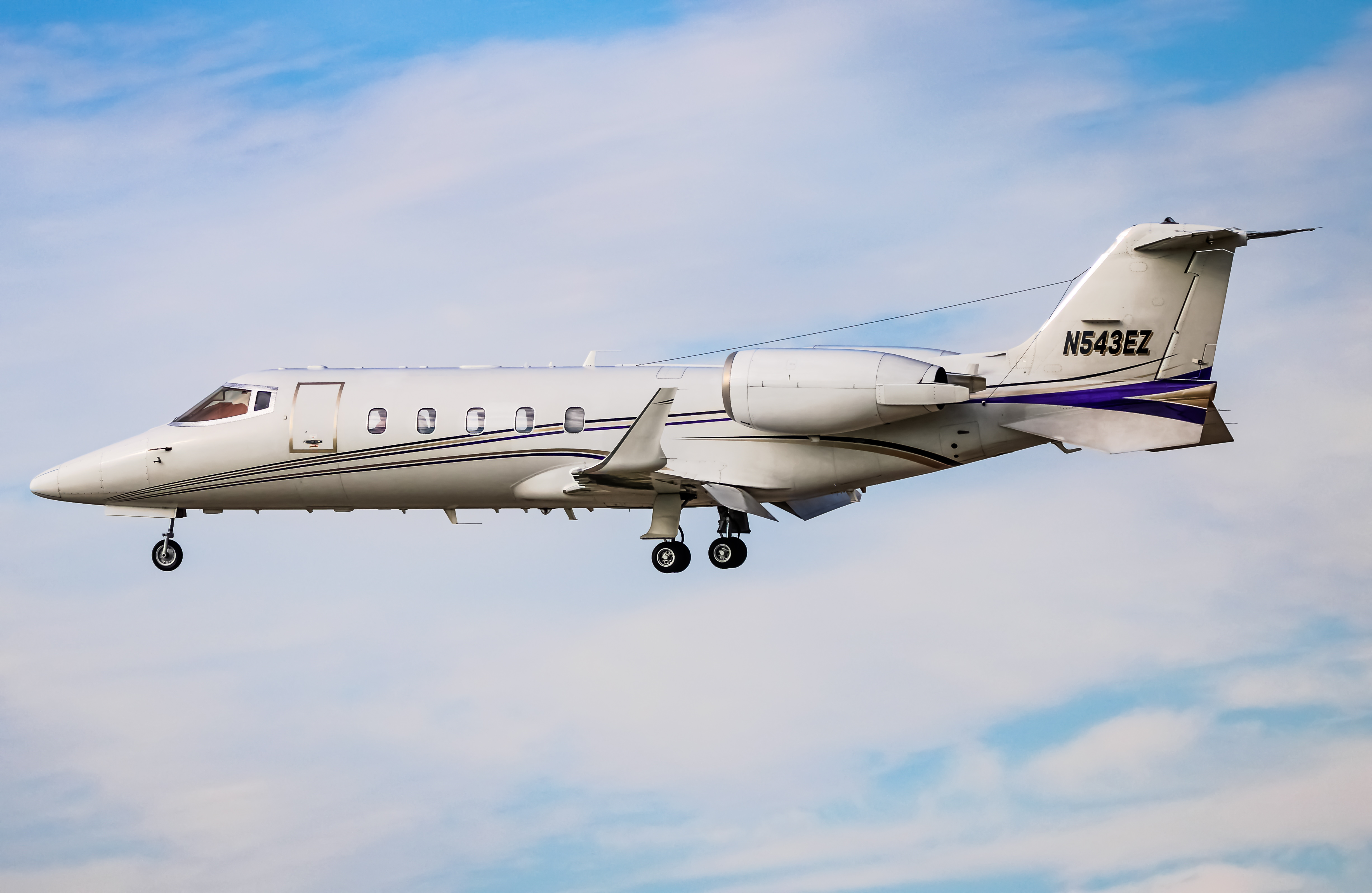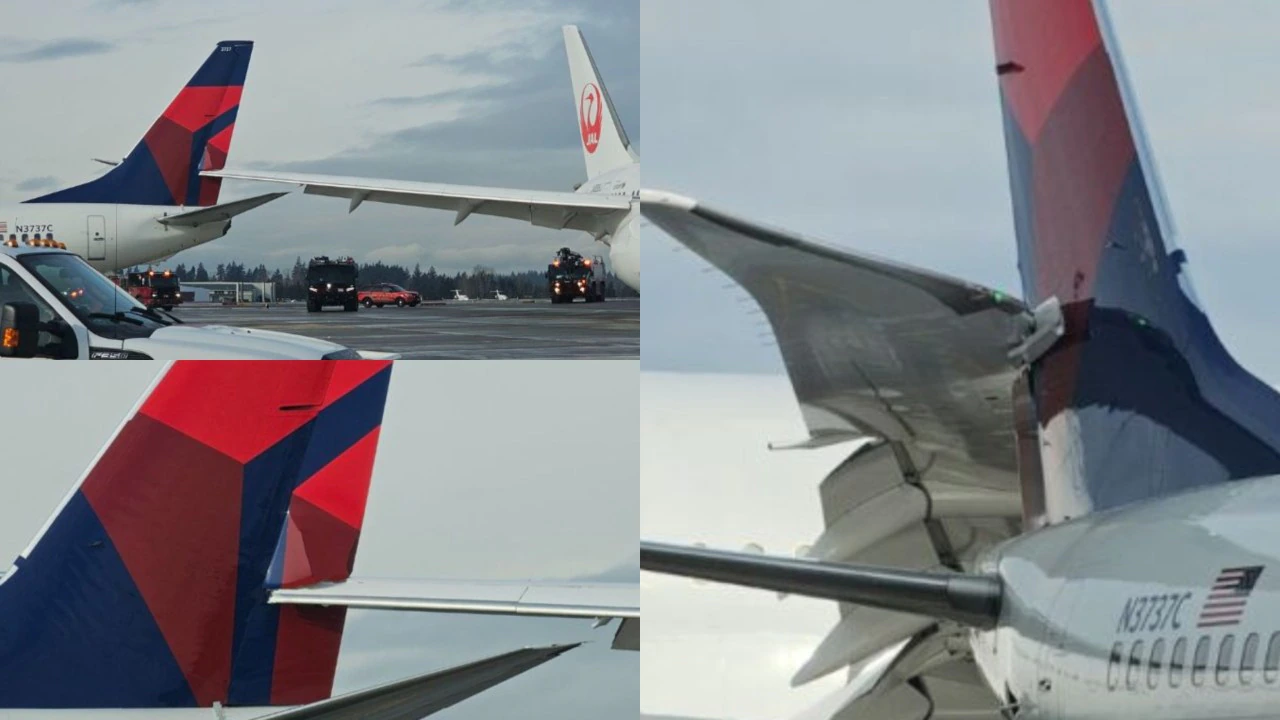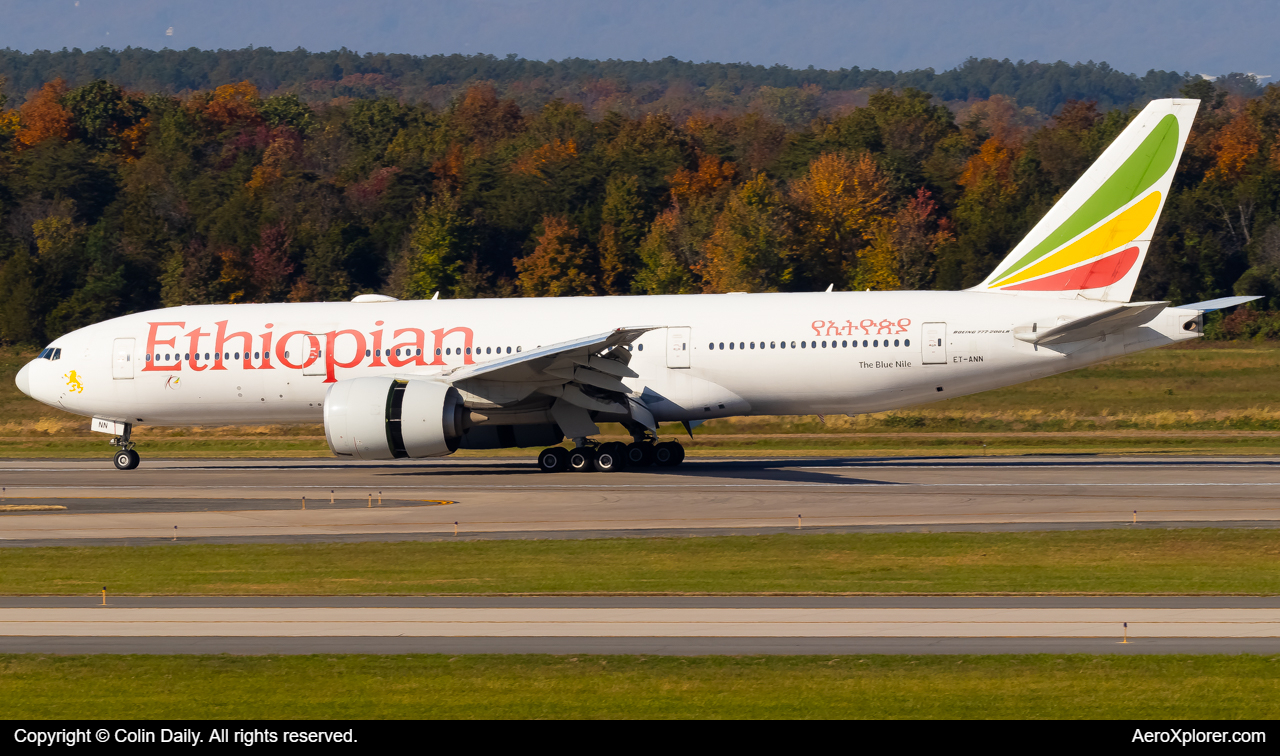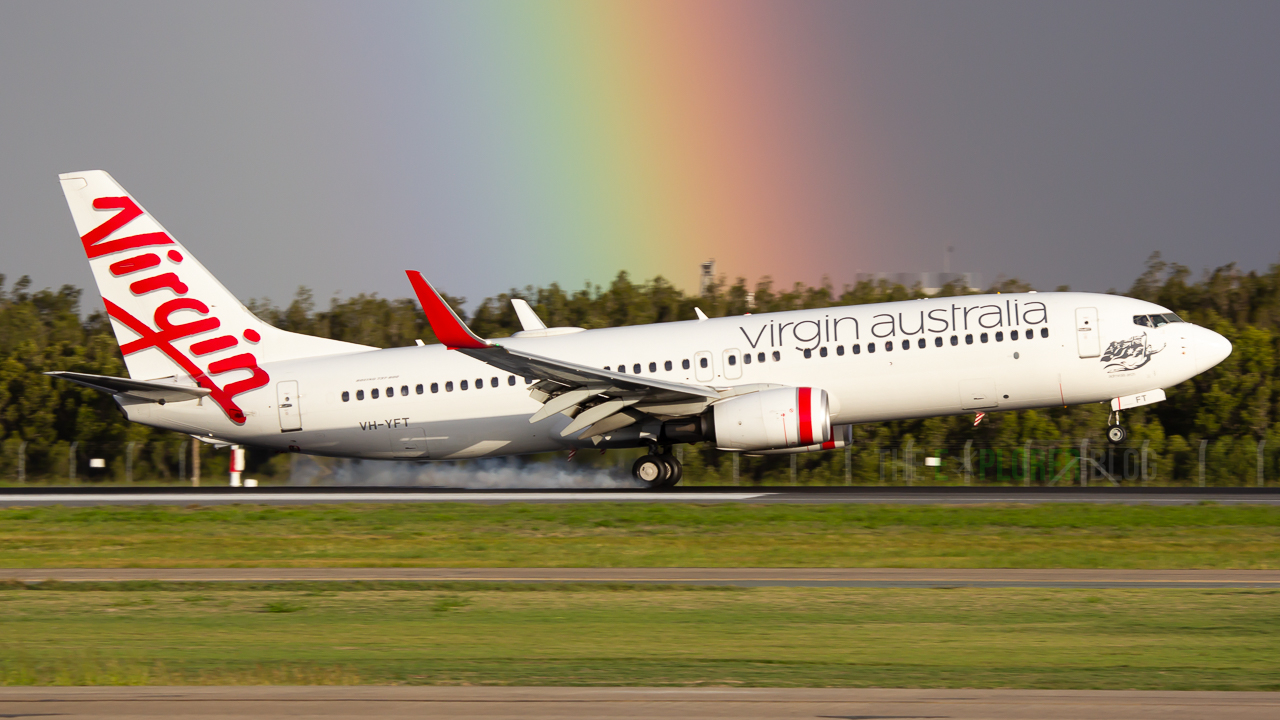Amid the COVID-19 pandemic, many airlines have been forced to restructure itself. Virgin Australia recently received a new owner in Bain Capital. Bain Capital has outlined a restructuring plan for the airline.
Loss Of Jobs and Service
Virgin Australia will cut 3,000 jobs from its workforce. Currently, the airline has about 9,000 employees so ⅓ of the carrier's workforce will be eliminated. However, in the future, a further 2,000 jobs could be restored for the Australian carrier.
In the press release, Virgin Australia reaffirmed its commitment to being a full-service carrier, removing any thoughts of the carrier converting to a low-cost carrier. It states, "Virgin Australia aims to be the best value carrier in the market, not a low-cost carrier. It will offer exceptional experiences at great value, regardless of purpose of travel. The airline will serve business travelers, including corporates and customers travelling for a holiday and visiting loved ones, and maintain a two-class cabin offering."
Virgin Australia will focus on serving its domestic and short-haul international network temporarily with "frequent capital-city connections" and service to leisure and regional destinations.
Additionally, Virgin Australia will move its corporate operations to Brisbane's CBD, moving from its previous headquarters in Bowen Hills.
Simplifying Its Operation
Virgin Australia will simplify its fleet to feature its mainline 737 fleet. The second-largest Australian carrier will remove its ATR fleet for its regional flights and its A330 and 777 fleet that served medium/long-haul routes.
Virgin Australia is still unclear as to how it will handle its regional fleet though the current expectation is to retain its fleet of Fokkers and A320's at its regional subsidiary.
Currently, Virgin Australia holds 77 Boeing 737-800's and 2 Boeing 737-700's and it will unload 8 ATR 72's, 6 A330-200's, and 5 Boeing 777-300ER's. The carrier has 48 Boeing 737 MAX's on order pushed back to arrive in July 2021.
Virgin Australia will continually suspend its long-haul operations to Tokyo and Los Angeles until significant demand bounces back. Virgin Australia has reaffirmed its commitment to resume and grow its long-haul operations, however.
Virgin Australia Group's CEO, Paul Scurrach, states, "Demand for domestic and short-haul international travel is likely to take at least three years to return to pre-COVID-19 levels, with the real chance it could be longer, which means as a business we must make changes to ensure the Virgin Australia Group is successful in this new world."
Based on this, Virgin Australia will take at least 3 years before they will reexpand back into the Asian and North American market. Before the pandemic, Virgin Australia had been struggling with its long-haul network, forced to terminate its Hong Kong route before the peak of the pandemic hit.
With Virgin Australia offloading its fleet of long-haul aircraft, Virgin Australia will be forced to obtain aircraft in the future to fulfill its needs to fly long-haul. What aircraft will they fly? Rumor shows that they are looking at the Boeing 787 though time will tell.
Ultra-Low Cost Subsidiary Gone
Virgin Australia will dump its ultra-low-cost subsidiary Tigerair Australia. Tigerair Australia will have its A320 fleet dumped. However, the fate of its Boeing 737-800's is unclear. Chances are they will be integrated back into Virgin Australia.
Tigerair Australia operated a fleet of 8 Airbus A320's and 6 Boeing 737-800's. The carrier started in November of 2007 operating its first flight from Melbourne to Gold Coast. In October 2012, Virgin Australia Group acquired 60% of Tigerair Australia, later acquiring the whole company in October 2014.
Virgin Australia will keep Tigerair Australia's operating certificate to allow for Virgin Australia to restart ultra-long haul operations in the future.
Virgin Group Airlines In Turmoil
Virgin Australia is not the only airline in turmoil. Yesterday, Virgin Atlantic filed for Chapter 15 Bankruptcy in New York. Virgin Atlantic is seeking government aid from the United Kingdom and has enacted a restructuring plan. At a London court, Virgin Atlantic stated that it will run out of money by September.
Meanwhile, Virgin Australia declared bankruptcy protection in April with 6.8 billion Australian dollars in borrowings. The management of Virgin Australia swiftly took action to sell the airline and sold the airline to Bain Capital in June. Creditors of the airline are scheduled to vote on the sale to Bain Capital early next month.
Conclusion
Virgin Australia is taking swift action to try to treat the symptoms of current market conditions. What are your thoughts on their actions? Do you think these are effective? Leave your thoughts in the comments below.
Comments (0)
Add Your Comment
SHARE
TAGS
NEWS Virgin Australia Jobs cuts long-haul Tigerair Tigerair Australia australiaRECENTLY PUBLISHED
 Learjet Owned By Vince Neil Crashes Into Gulfstream Jet, 1 Fatality Confirmed
On February 10th, around 14:30 local time, a Learjet private jet aircraft crashed into another private jet after landing at Scottsdale Airport (SCF) in Arizona.
NEWS
READ MORE »
Learjet Owned By Vince Neil Crashes Into Gulfstream Jet, 1 Fatality Confirmed
On February 10th, around 14:30 local time, a Learjet private jet aircraft crashed into another private jet after landing at Scottsdale Airport (SCF) in Arizona.
NEWS
READ MORE »
 Seattle Plane Strike 2025: Japan Airlines and Delta Collision Raises Safety Concerns
Seattle-Tacoma International Airport saw a concerning incident on Wednesday morning when a Japan Airlines (JAL) plane clipped a parked Delta Air Lines jet while taxiing. Thankfully, no one was injured, but passengers described the collision as a frightening experience.
NEWS
READ MORE »
Seattle Plane Strike 2025: Japan Airlines and Delta Collision Raises Safety Concerns
Seattle-Tacoma International Airport saw a concerning incident on Wednesday morning when a Japan Airlines (JAL) plane clipped a parked Delta Air Lines jet while taxiing. Thankfully, no one was injured, but passengers described the collision as a frightening experience.
NEWS
READ MORE »
 Ethiopian Airlines Expands Cargo Fleet with New Boeing 777 Freighter
Ethiopian Airlines has expanded its cargo fleet with a brand-new Boeing 777 Freighter, registered as ET-BAB (MSN 68140). The aircraft was delivered directly from Boeing’s factory in Everett, Washington, USA, and landed at Addis Ababa Bole International Airport at 3:41 PM (GMT+3) on Wednesday, January 22, 2025.
NEWS
READ MORE »
Ethiopian Airlines Expands Cargo Fleet with New Boeing 777 Freighter
Ethiopian Airlines has expanded its cargo fleet with a brand-new Boeing 777 Freighter, registered as ET-BAB (MSN 68140). The aircraft was delivered directly from Boeing’s factory in Everett, Washington, USA, and landed at Addis Ababa Bole International Airport at 3:41 PM (GMT+3) on Wednesday, January 22, 2025.
NEWS
READ MORE »





